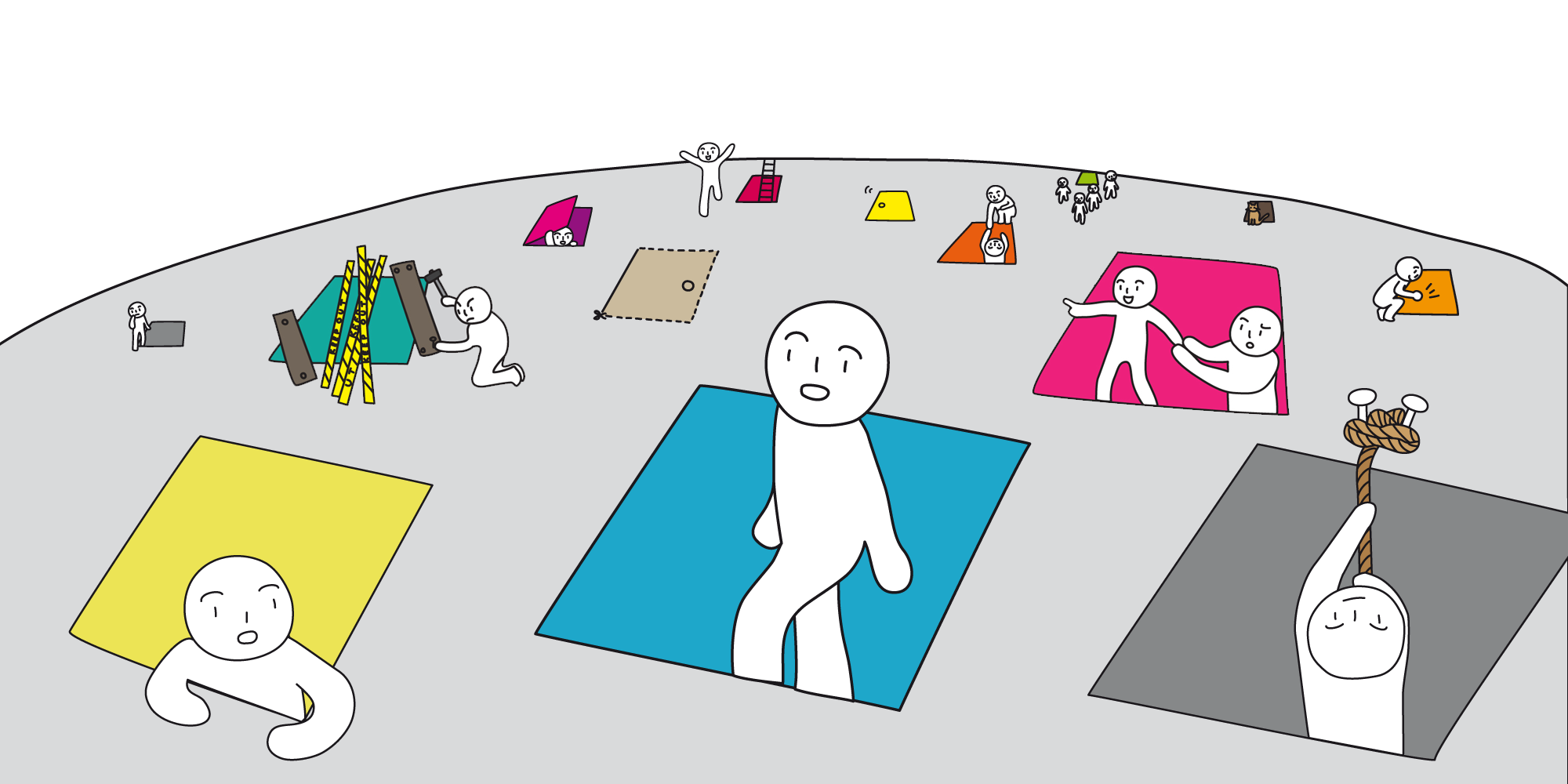technology
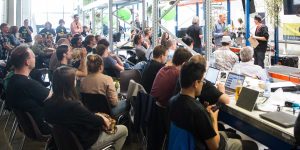
Knowledge Engine Co-Creation Workshop
Linz Center of Mechatronics GmbH (AT)
This event brings experts from the Festival, technology, art and business together. In a Co-creation workshop, participants will explore knowledge engines and topics related to the Festival.
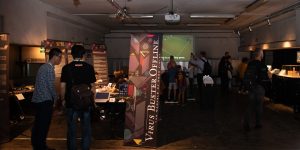
Device Art 2019
PhD. Program in Empowerment Informatics, University of Tsukuba
Device Art is a new form of art that brings out the essence of technology through new materials and mechatronic devices. This concept challenges the traditional paradigm of art by merging technology, art and design.
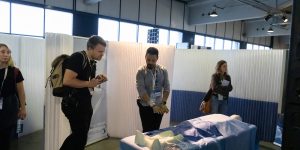
SimCath
Fernando Bello (MX), ICCESS & Salomé Bazin (FR), Cellule studio
How do surgeons prepare for an operation, when they know that the smallest mistake could be the line between life and death? That was the question Cellule faced when developing SimCath, a cardiology suite for simulation training. By training in a simulation environment, future surgeons have an opportunity to rehearse for complex surgery, performing common interactions between patients and clinicians in a low risk environment. Developing SimCath was reminiscent of building a theatre set, a stage which mimics the real surgical environment in such a way that the surgeons acting through their roles are immersed in the performance of surgery and the relationship between patients and clinicians.

Tea Session: Laboratory of the Future
Panel Discussion
What is the role of the laboratory in the 21st century? This panel discussion will take a closer look at the constellations and methodologies that form the modern-day laboratory, spanning from scientific research to the Art Thinking methods so frequently employed within the Ars Electronica Futurelab itself. Working at the nexus of art, technology and society, Ars Electronica’s very own atelier and laboratory will be the starting point for a discussion on contemporary art and research practices both within and beyond the Ars Electronica ecosystem.
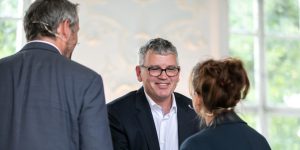
Panel II: AI, more than a technology
Renata Schmidtkunz (DE), Markus Poschner (DE), Douglas Eck (US), François Pachet (FR)
AI is expected to open many new possibilities for creators, not replacing them but assisting and supporting their work. Even more so we see big expectations for the businesses related to the distribution of music. What are the consequences and implications? What kind of new business models can we expect? How will this affect the artists?
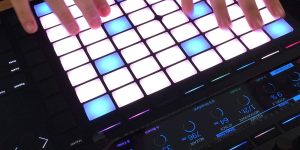
We Revolutionize Music Education: The Neuromusic Education Simulator (NES)
Gerald Wirth (AT), Wiener Sängerknaben/VIve Kumar (IN), Athabasca University (US)
In cooperation with developmental psychologists and pedagogues, Professor Gerald Wirth developed his engagement-centric teaching methodology – the wirth method – aiming at constant high-level student attention. Through neuronal networks activated when using movement to support teaching and through repetitions with variations, contents are sustainably stored in the long-term memory. The use of NES based on the wirth method applying VR & AR allows teachers and students in addition to personal tuition, to practice, gain experience and receive feedback.

ACIDS: Artificial Creative Intelligence
Philippe Esling (FR)
The Artificial Creative Intelligence and Data Science (ACIDS) team at IRCAM seeks to model musical creativity by targeting the properties of audio mixtures. This studies the intersection between symbol (score) and signal (audio) representations to understand and control the manifolds of musical information.

Automatic Music Generation with Deep Learning – Fascination, challenges, constraints
Ali Nikrang (AT)
In recent years, there has been a great deal of academic interest on applying Deep Learning to creative tasks such as for generating texts, images or music with fascinating results. Technically speaking, Deep Learning models can only learn the statistics of the data. Thus, they often can learn relationships in the data that human observers have not been aware of, and can therefore serve as a new source of inspiration for human creativity. This workshop focuses on current technical approaches for automatic music generation.

Creating interactive audio systems with Bela
Andrew McPherson (UK)
The workshop will provide an introduction to Bela, an open-source embedded hardware platform for creating interactive audio systems. Participants will get a hands-on introduction to building circuits and programming using Bela, following a series example projects to introduce the basis of building real-time audio systems.

Recommenders and Intelligent Tools in Music Creation: Why, Why Not, and How?
Christine Bauer (AT), Peter Knees (AT), Richard Vogl (AT), Hansi Raber (AT)
This workshop will highlight the role of Artificial Intelligence, Machine Learning-supported composition, and Recommender Systems in the process of music creation. We discuss their reception and prevalent image among professional music producers and creators, including the potential threats these technologies pose to their artistic originality. We contrast this view by emphasizing the power of AI-technology for a democratization of music making, by lowering the entrance barrier of music creation.
